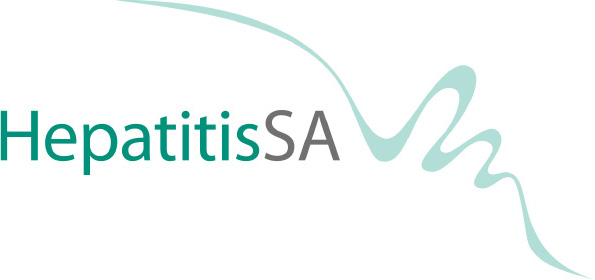Hepatitis Australia has called on the Australian Government to provide adequate funding to tackle the problems of hepatitis B and hepatitis C, so as to reduce liver cancers and avoidable deaths.
While welcoming the Government’s broad Budget commitment to Australia’s National Strategies addressing blood borne virus (BBVs) particularly its increased focus on Aboriginal and Torres Strait Islander health and the broader Indigenous health, Hepatitis Australia CEO, Helen Tyrrell, noted the lack of additional support to reverse the sharp decline in people being cured of hepatitis C and the apparent lack of recognition of liver cancer and deaths related to hepatitis B.
"With the Government investing $485m in changes to the Chronic Disease Plan on the Medical Benefits Scheme, Hepatitis Australia reiterates its call for the Government to include the diagnosis and treatment of hepatitis B and hepatitis C as key health priorities under these plans. We ask that $10m per year be targeted towards the identification and treatment of hepatitis B and C in primary care over the next three years," she said
Ms Tyrrell said Hepatitis Australia was grateful for the $1 million provided last year to boost community awareness of hepatitis C cures but funding allocation for the work needed to be commensurate with the scale of the problem.
Hepatitis B and hepatitis C are the leading causes of liver cancer in Australia. Liver cancer is one of the 10 most commonly diagnosed cancers in men and has one of the lowest five-year survival rates, resulting in it being one of the 10 most common causes of death from cancer for both men and women in Australia.
“Combined there were almost 2,000 deaths in Australia caused by hepatitis B and hepatitis C in 2016 and 2017. The treatment that could have averted a large proportion of these deaths simply did not reach people in time. Experts are now saying the nationally agreed global mortality reduction targets probably won’t be reached by 2030,” she said.
“Liver cancers from chronic hepatitis B and C are preventable. Action must be taken to support the 416,091 people currently living with hepatitis B and hepatitis C to facilitate awareness and engagement in care before serious liver disease develops.
"Current levels of engagement among General Practitioners (GPs) to treat hepatitis B and cure hepatitis C is grossly inadequate. Only ten per cent of GPs are prescribing the curative treatments for hepatitis C, despite 90 per cent having 2 to 10 patients in their practice who could be diagnosed and cured of this disease.
“Appropriate treatment relies on timely diagnosis. Diagnosis requires access to testing.
"Australia’s health system falls behind many others when it comes the use of point of care testing (PoCT). The delays in registration for these testing products is of great concern and Hepatitis Australia requests an urgent working group be formed of clinicians, consumers, product manufacturers and the Therapeutic Goods Administration to address barriers to registration before subsidisation can occur. Following subsidisation PoCT should be rapidly rolled out to support early diagnosis and timely treatment to prevent the ongoing and avoidable poor health outcomes and support the achievement of elimination goals."
Hepatitis Australia is also requesting $10m to be targeted towards community awareness and engagement in care to support the implementation plans for the National Hepatitis B and National Hepatitis C Strategies over the next three years.
Hepatitis Australia will be writing to all parties in the forthcoming election to seek their support to stop the avoidable deaths and commit to financial support at the scale required to substantially improve access and treatment for people with hepatitis B and hepatitis C.



